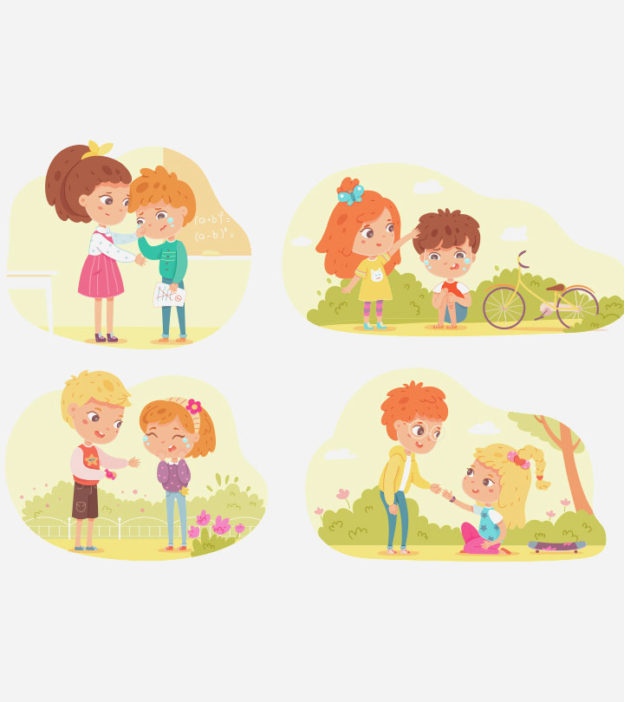
By Jacqueline Miller
Even though my husband had wanted a dog for years, it was my cousin who finally convinced me. Her kids were older, and she explained that as they approached puberty, her kids turned to the dog as someone who’d listen without judgment.
Wow. As the mom of two soon-to-be teenagers, her words really resonated. My aunt added that “Every dog is a therapy dog.”
So, we adopted a rescue pup, and we loved her so much we gave her a sister a couple years later.
I’ve learned a lot from my dogs’ relaxed and loving attitudes and their excellent listening skills. I even think they’ve helped me become a better parent to my teenagers.
What Pets Teach Us
My teenage sons talk most when we’re in the car together. They initiate the conversations—length, direction, and content are all on their own terms. I’ve found that “barking” questions doesn’t work very well when I want to draw out more information, and neither does spouting motherly wisdom or relating my own experiences from way back in the 1990s. What works better is just being present and attentive like my dogs.
I’m glad I figured this out when I did, because I had been on a downward trend that was sure to damage my relationship with my oldest son. Whenever he opened up about something, I found myself using that information against him.
He’d complain about schoolwork, and I’d turn around to nag him about a late assignment or reprimand him for refusing help or for not seeking extra credit.
He’d vent about his friends, and I’d later suggest he stop hanging around with so-and-so or encourage him to make plans with a different group of buddies.
He’d gripe about his job, and the next day before work, I’d give him a little reminder about being diligent and responsible.
He’d stress about his girlfriend, and I’d jump on the bandwagon, pointing out her faults.
I’m embarrassed seeing all this written down, but I assure you, at the time I didn’t even notice what I was doing.
My teenage son eventually put his foot down and threatened to stop telling me things, period, if I continued to use the information against him. That was a real wake-up call.
Listening to Teens Without Judgement
Now, when my sons voice their frustrations, I bite my tongue. And when I get that parental urge to drop some important reminder or launch into the dreaded lecture mode, I think about my two cuddly dogs, take a breath, and force myself to shut my mouth while I think about my motivation for speaking up. Is my point important? Do they already know what I’m about to say?
Instead of chastising them, I try to remember what it was like to be a teenager and how I definitely preferred advice from a friend or any adult other than my parent.
Parenting at this stage is so hard. I want to help my teens, but they also need to experience life and make their own mistakes. Usually, I can rely on the fact that given time and some reflection, they naturally figure things out for themselves.
Occasionally, I might ask a couple of questions to get them thinking. I might even share a story of my own similar struggles, but I make it brief unless they’re truly interested and want to know more. Mostly, I keep quiet.
Of course, I’m still looking out for them, and I’ll impose certain standards and consequences if I need to. But most often, I just need to show them that I’m in their corner, that I won’t judge them or lecture, and that I’ll listen and love them no matter what. In other words, I need to take a cue from our sweet little dogs.

 PARENTING TIPS
PARENTING TIPS PREGNANCY
PREGNANCY BABY CARE
BABY CARE TODDLERS
TODDLERS TEENS
TEENS HEALTH CARE
HEALTH CARE ACTIVITIES & CRAFTS
ACTIVITIES & CRAFTS

